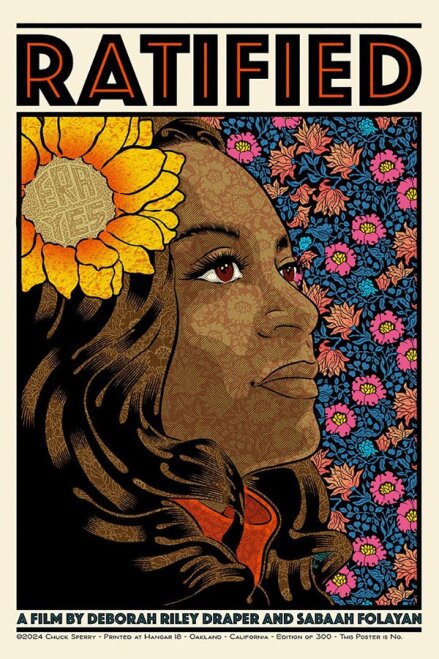Academy Awards nominees face questions
February 19, 2015
The Academy Awards are Sunday, Feb. 22. Every year there is some kind of controversy surrounding the nominations. This year’s big issue seems to be the historical accuracy of some of the Best Picture nominees.
The issue was ignited by discussion that “Selma” might not have been nominated in some categories because of questions about its historical accuracy.
If “Selma” was indeed snubbed in some categories because of suspected historical inaccuracies, it would be unfortunate since many nonfiction films in Academy Award history have played loose with the facts.
Winning films from recent years, Argo and The King’s Speech among them, prompted many questions about
historical accuracy. Other nonfiction films nominated this year like American Sniper and The Imitation Game also
invited questions.
For an entertaining all-time list of
movies that have played loose with historical facts, check out the book Past Imperfect: History According to the Movies (791.43658 P291) from the Madison College Libraries.
The thing is, as Alyssa Rosenberg points out in a Jan. 2015 Washington Post column, it’s not fair for nonfiction films to be held to the same strict accuracy standards as journalism or history books. Filmmakers often use historical stories to make artistic statements about other issues.
The problem, she points out later in the article, is that “fact-checking of fiction in the awards season stems from a recognition and understandable concern that film is a powerful medium that can all too easily supplant drier presentations of history.” For many, it’s too easy to base
historical perspective of an event on a movie they saw.
Whether it be movies or television shows or web sites, many people have a tendency to take what’s presented in a slick, entertaining way as straight fact. Verifying sources and information seems to be a lost skill.
One of the things Madison College Libraries tries to do is to help people critically evaluate information. Movies, television shows, and websites have a vision they are trying to communicate, and whether or not they have ulterior motives, they may skew the facts to get their point across. It’s up to us to be careful consumers of information. The Evaluating Online Information tutorial available under the Tutorials tab on the library’s home page can help.
If one of the nonfiction films nominated this year really interests you, use the Madison College Libraries to find out more about the topic. Check out Chris Kyle’s autobiography American Sniper (976.7044342 K99) to see how different it is from the film. Watch the documentary Codebreakers: Bletchley Park’s Lost Heroes, available to stream free from the library’s Films on Demand subscription, and compare that with The Imitation Game.
To learn more about the events surrounding the Selma march, try a subject search on Civil Rights Movements to bring up over a hundred books, e-books, and videos available on the topic.






























